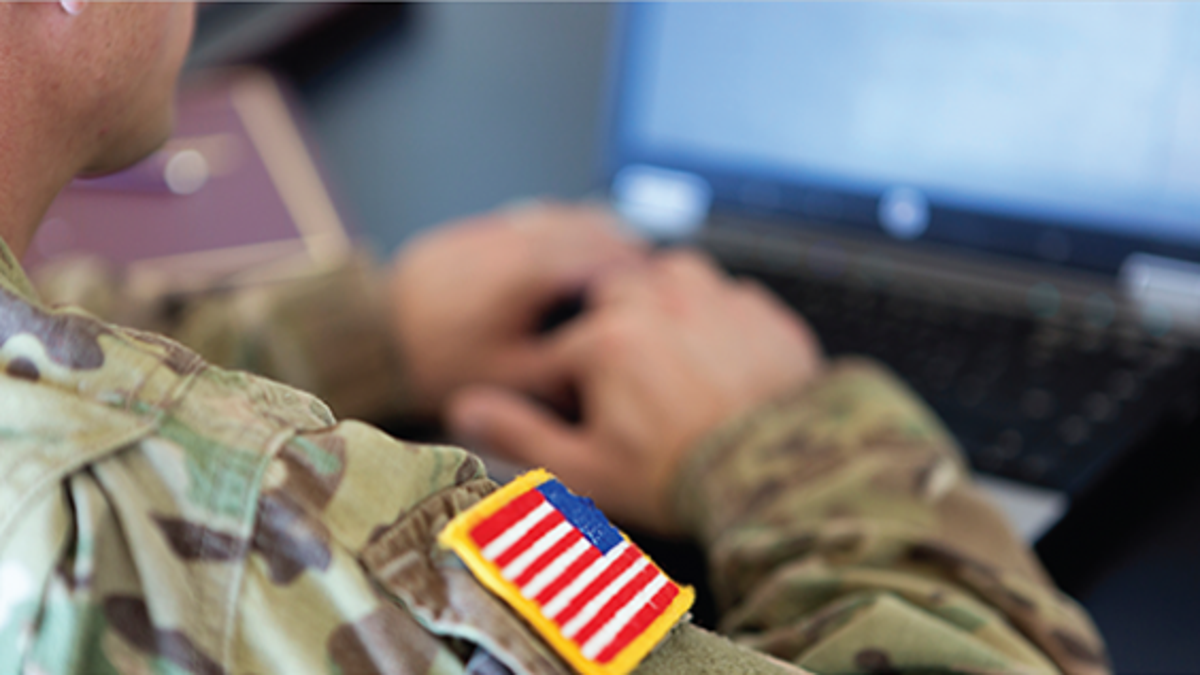
Saturday finds us once again marking Armed Forces Day, a day of respect and thanks for those who serve. This day first celebrated our service members in 1950 when separate Army, Navy and Air Force Days were combined.
Though ideally this should be an apolitical day for thanks, recent events require a political reckoning.
Since 2014 the U.S. Department of Veterans Affairs (VA) has been caught in political disarray when it came out that veterans were dying as they waited for care. After the Obama administration failed miserably to solve the problems, President Donald J. Trump has been trying to get someone in charge who will boldly address the issues.
To do so he nominated Dr. Ronny Jackson. But Jackson was recently chased out of the confirmation process to be VA secretary for the nebulous accusation of prescribing sleeping pills to officials traveling overseas and for other unsubstantiated allegations. The real reason Democrats worked to undermine his possible Senate confirmation was that he supported bringing in private care to help those on VA waiting lists.
“I’m flabbergasted by this sleeping pill accusation,” says Greg Stube, author of “Conquer Anything—A Green Beret’s Guide to Building Your A-Team,” “as a career Green Beret I found that having a health care professional prescribe something to help us sleep as we flew to complete dangerous missions overseas was normal. It’s also common for U.S. officials to take something to sleep so they can be sharp when they land in a foreign country for diplomatic talks or other official functions.
“Clearly the left didn’t want Admiral Jackson confirmed to a significant post, as they’re having a hard enough time with the wisdom and practicality of other career service members in the Trump administration,” says Stube.
When we thank a soldier on this Armed Forces Day we’ll be thanking them not just for what they might have done overseas, but also for what they represent for us at home. They are citizen soldiers. Volunteers. They are complex individuals doing many different jobs.
On Friday, President Donald J. Trump came right back at the bureaucracy by announcing he is nominating Acting Veterans Affairs Secretary Robert Wilkie, an intelligence officer in the U.S. Naval Reserve, to head the massive and troubled agency.
As the political fight over the future of the VA continues there are other problems with how our current active-duty service members and veterans are treated and depicted today.
The progressive left, for example, often casts members of the military as tragic figures in film and popular culture or, to laugh them out of the conversation, as jar-head Neanderthals. They act as if all of them come home with PTSD. This viewpoint sees our soldiers as uneducated, brutish and flawed, as if there really is something very wrong with our armed forces and all that they do.
Part of the reason the left casts members of the military this way is about politics. They are well aware that members of the armed forces more often vote for Republicans. For this political reason they think it necessary to diminish the reputation of a voting block that votes against them.
Of course, at least part of the reason why members of the military more often vote for Republicans is that the military life requires people to grow up and take responsibility for themselves and others—things that tend to make people more conservative.
In contrast, politically progressive values tend to flourish where people can hide from reality, such as on many college campuses. Maybe this is the fundamental reason why the left worked so diligently in the post-Vietnam era to chase the Reserve Officer Training Corps (ROTC) off of college campuses. The starchy, straight-backed and often conservative members of the armed forces, after all, just might be a sharp enough instrument to burst the liberal-progressive bubbles so many of our college campuses have become.
The conservative right, in contrast, generally sees soldiers as people who’ve taken on accountability. Soldiers aren’t living in their parents’ basements. They are willing to fight for something greater than themselves. They aren’t hiding in “safe spaces” on college campuses. They sign up to go to unsafe places to fight for us and others. They make up color guards in parades. Military bands fill us with awe and put tears in our eyes. They fly fighter jets over stadiums packed with cheering sports fans. We feel safer when we see them in airports.
In such ways members of our armed forces constantly affect American culture.
Now, okay, both viewpoints can be too simplistic. This is why we need to get political on this day of thanks. With both points of view in mind we can come to a more well-rounded perspective. This way, when we thank a soldier on this Armed Forces Day we’ll be thanking them not just for what they might have done overseas, but also for what they represent for us at home. They are citizen soldiers. Volunteers. They are complex individuals doing many different jobs. They are people with real-world experience who also often have college degrees and years of specialized training in the military.
The officers among them are an especially well-rounded ideal who are exemplars of education and sacrifice. They should be revered on college campuses. As the Greek historian Thucydides once said, “A nation that draws too broad a difference between its scholars and its warriors has its thinking done by cowards and its fighting done by fools.”
The men and women of our armed forces deserve our respect – and this year, on the day set aside to honor their service, they deserve a response to the politics that may harm or denigrate them.
